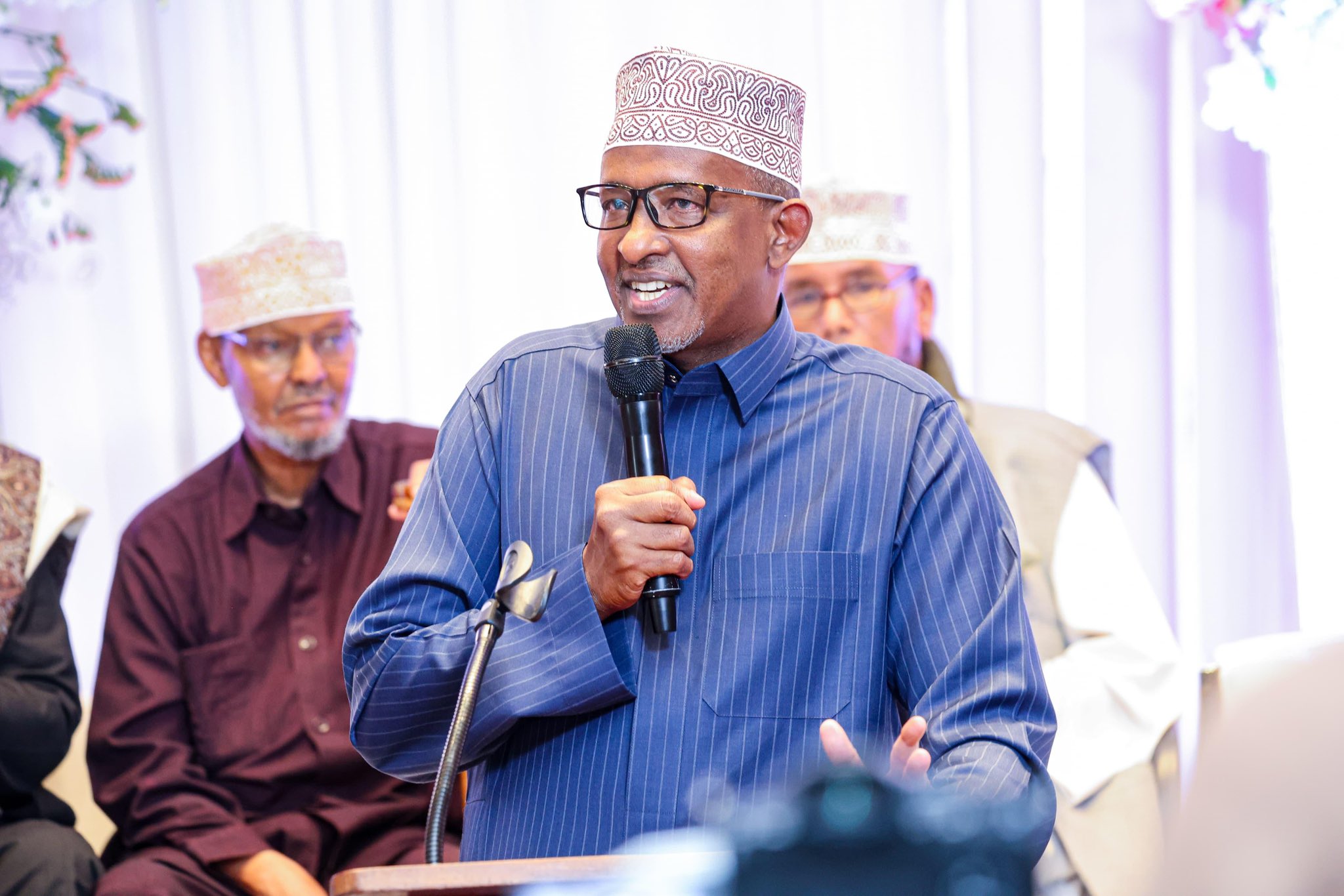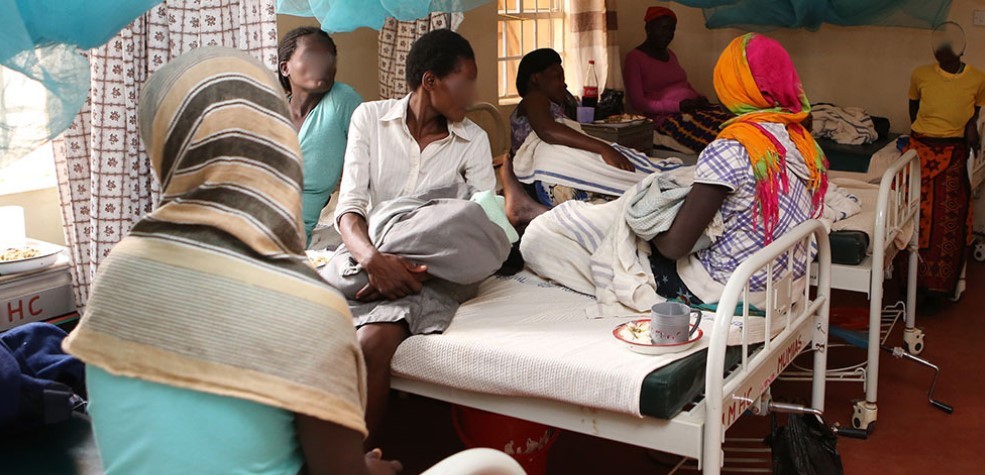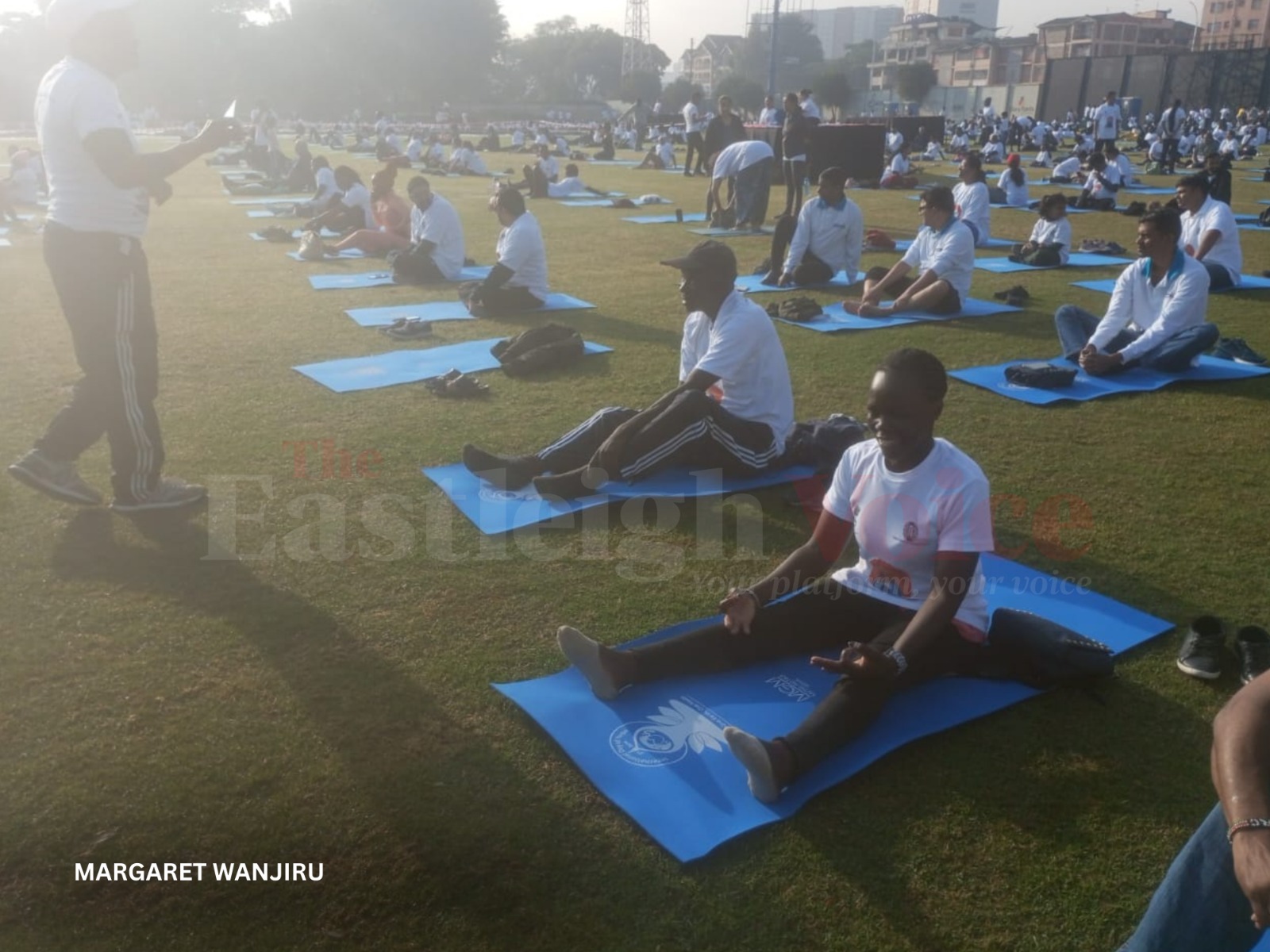Africa set to lead world in hunger rates, UN report warns

The report published on Wednesday said that if current trends continue, almost 582 million people will be chronically undernourished by 2030, with half of them living in Africa.
Africa will soon be the leading continent with the highest number of people experiencing hunger in the world.
In its annual State of Food Security and Nutrition report, five United Nations specialised agencies said there was a trend of rising prevalence of undernourishment in Africa.
More To Read
- WFP warns of looming famine in Sudan’s capital as aid efforts falter amid funding crisis
- Climate inaction threatens global food security as farmland suitability declines, warns FAO report
- Mandera County turns to crop farming as climate change threatens livestock sector
- Kenya refugee camps face hunger crisis as WFP warns food aid could drop to 28pc
- Conflict and climate drive record global hunger in 2024, UN says
- Sh2.8 billion budget slash puts 18 irrigation projects at risk
The annual report was launched during the G20 Global Alliance against Hunger and Poverty Task Force Ministerial Meeting held in Brazil.
The five UN agencies that published the report include; the Food and Agriculture Organization (FAO), the International Fund for Agricultural Development (IFAD), Unicef, the World Food Programme(WFO), and the World Health Organization(WHO).
IFAD president, Alvaro Lario, said that the situation is alarming and projected to worsen unless action is taken.
"In a decade, because of population growth and current dynamics, (the problem) will be harder to solve, with a much higher number of people in Africa suffering from chronic hunger," said Lario.
The report published on Wednesday said that if current trends continue, almost 582 million people will be chronically undernourished by 2030, with half of them living in Africa.
Elizabeth Nsimalda, head of the Eastern Africa Farmers Federation (EAFF), underlined that the continent is losing the war against hunger due to low food production in rural communities.
"We are losing the battle against hunger, especially in rural communities where many of the people who produce the food we eat are unable to feed themselves and their families," said Elizabeth.
Diana Anyango, leader of Farm Africa's Technical team, claimed that the climate catastrophe has a significant influence on farmers and food security.
"As much as they want to diversify, they might not be aware of the best crops, livestock, and practices to apply to help them be more adaptable and resilient to climate change," she stated.
Africa already has the largest proportion of people who do not have enough nutritious food. 20.4% and 58% of the population are moderately or severely food insecure.
Globally, the report highlights that access to adequate food remains a challenge for billions. For instance, in 2023, around 2.33 billion people faced moderate or severe food insecurity. Among those, over 864 million people experienced severe food insecurity, going without food for an entire day or more at times.
Food insecurity and malnutrition are worsening due to persisting food price inflation, conflict, climate change, and economic downturns. Other factors include; unaffordable healthy diets, persistent inequality, and unhealthy food environments.
In addition, World Food Programme Executive Director, Cindy McCain has urged a need for support from governments and stakeholders to tackle food insecurity and strengthen social safety.
Other Topics To Read
"We have the technologies and know-how to end food insecurity, but we urgently need the funds to invest in them at scale. WFP is ready to step up our collaboration with governments and partners to tackle the root causes of hunger, strengthen social safety nets, and support sustainable development so every family can live in dignity," he stated.
Top Stories Today














































